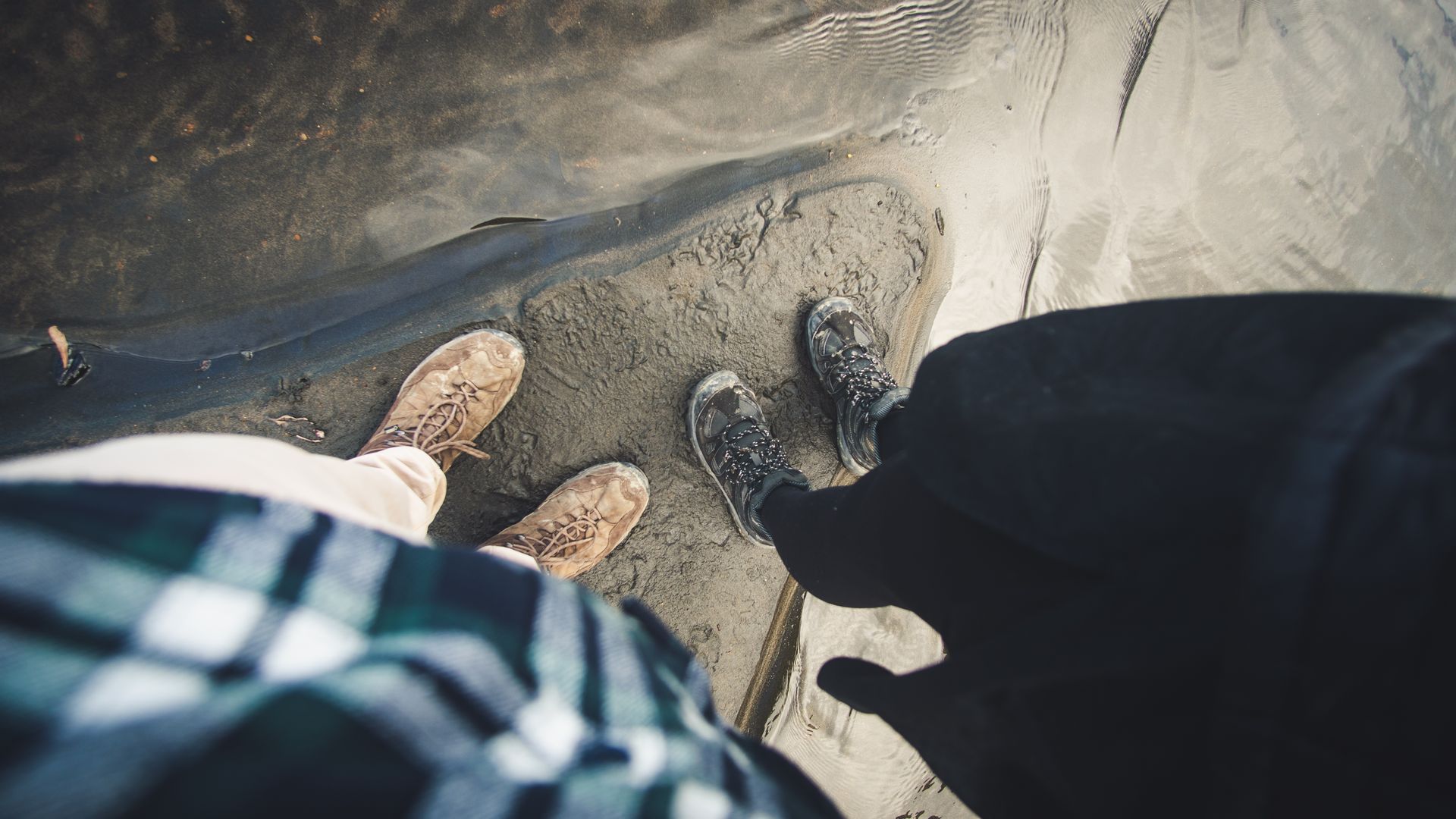Tag 133 - within walking distance
Oñemoherakuãva: 12.09.2019
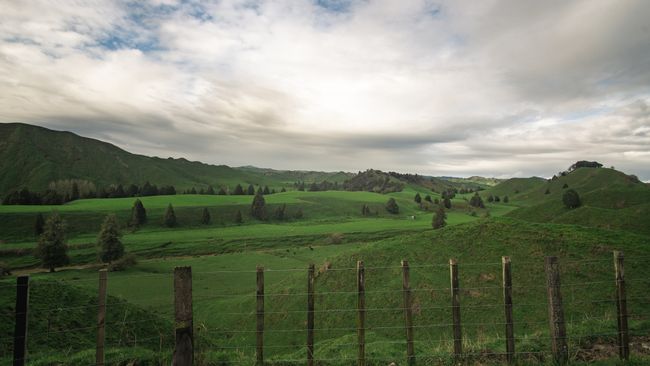
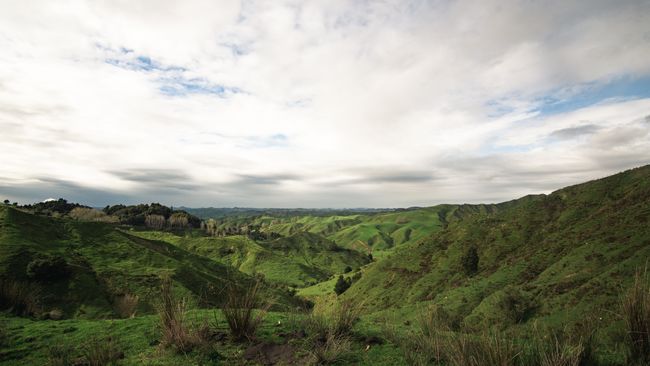
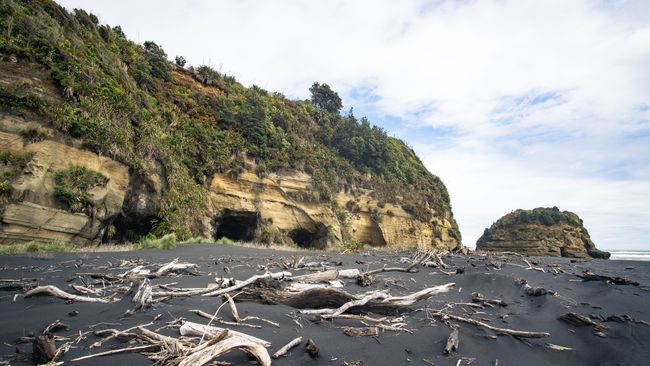
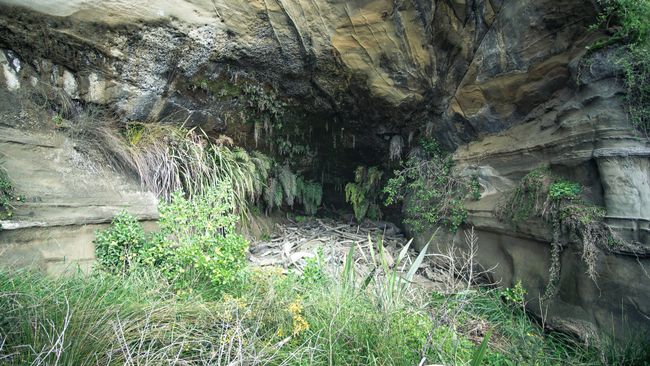
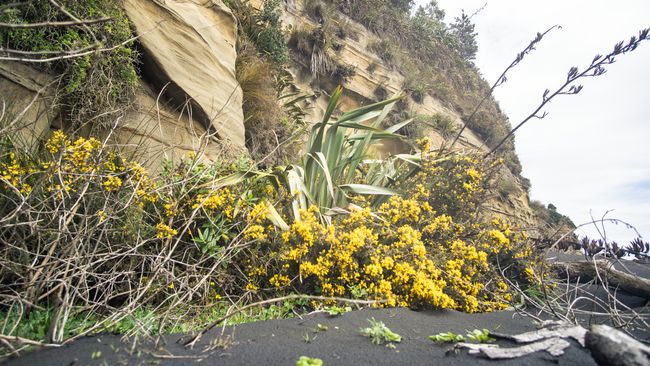
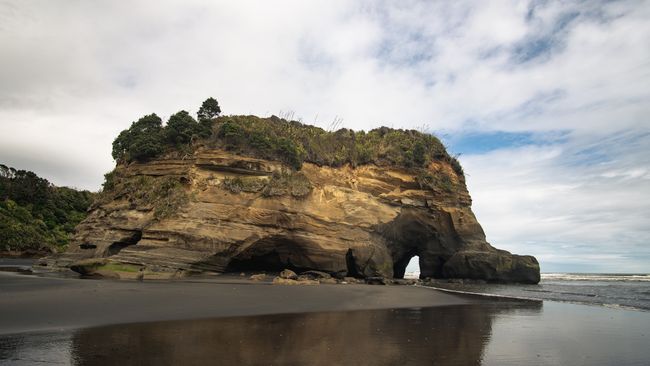
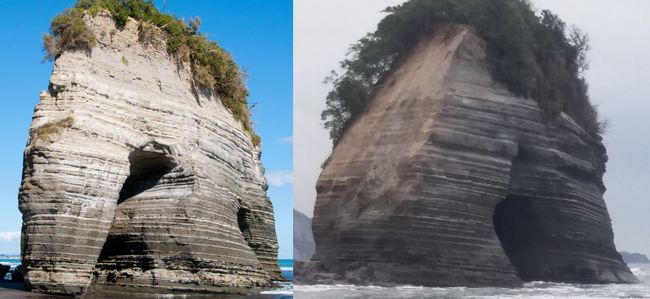
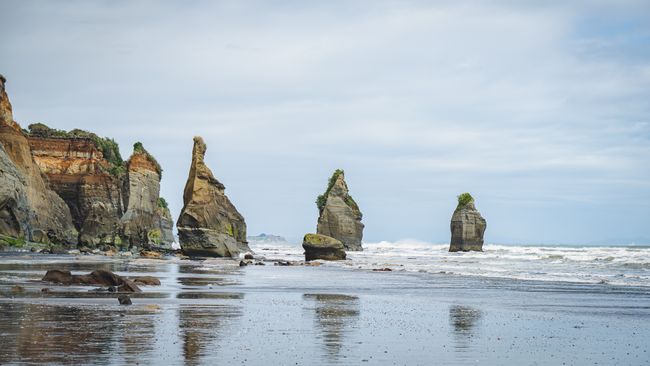
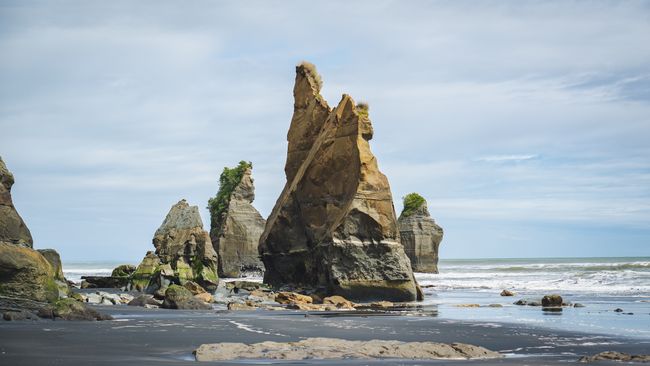
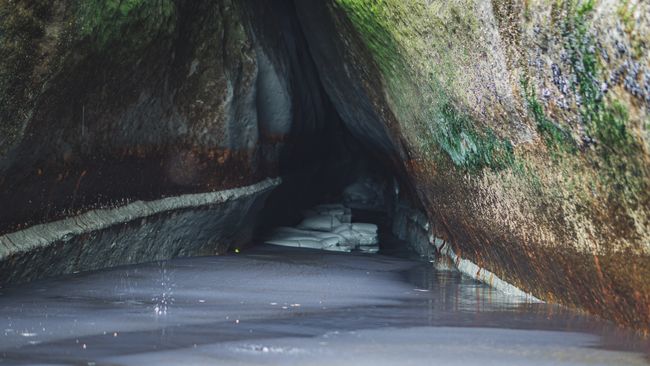
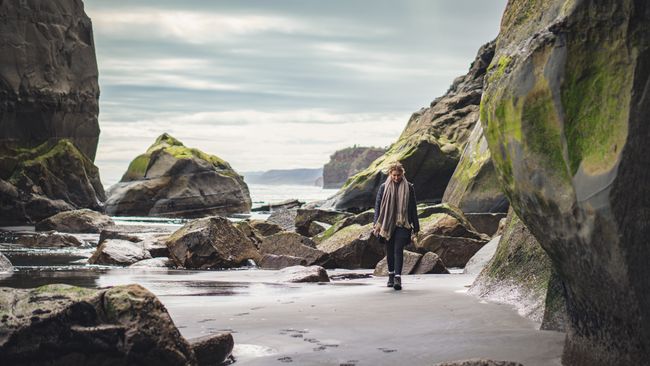
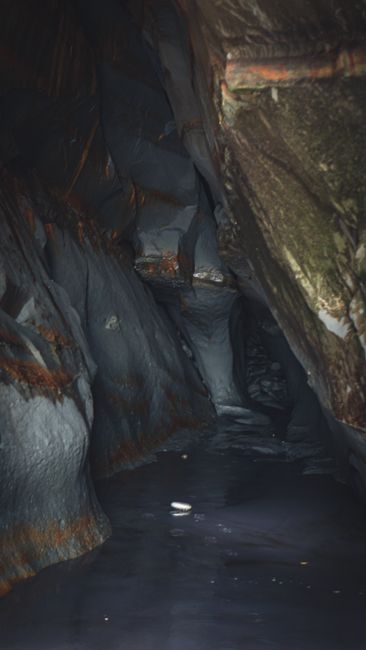
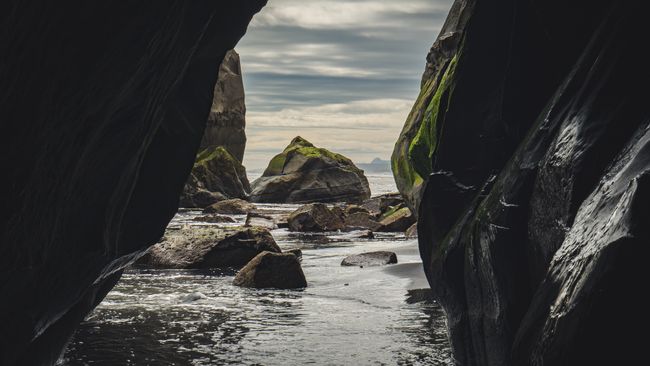
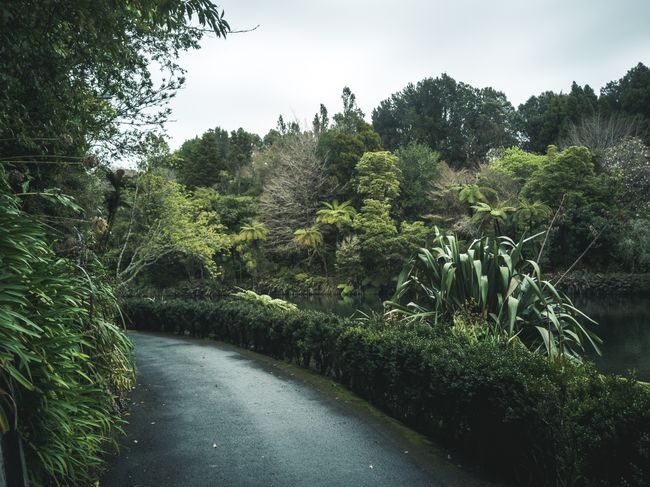
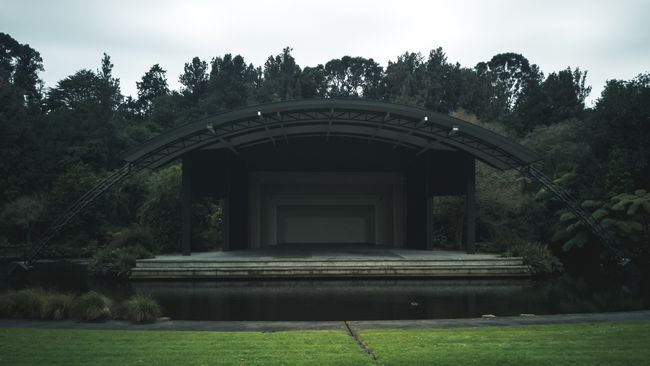
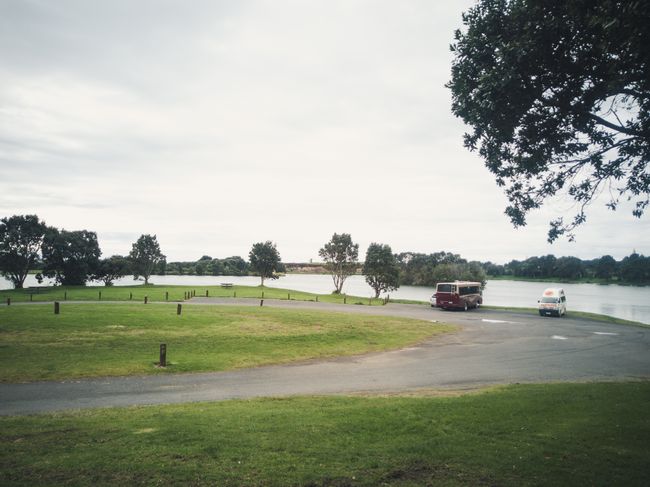
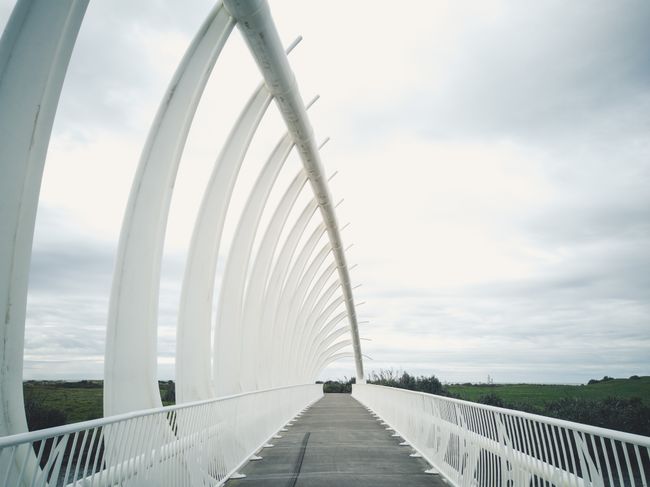
Ejesuscribi Boletín de Noticias-pe
10.09.19
- Alex
We have survived the night (obviously), left the rest area as the last of the three cars and continue on the 'Forgotten World Highway' (a 'cultural heritage road') that we took a small piece of yesterday. We are absolutely thrilled by the untouched nature and the winding roads. By the way, this 'highway' is the one with the lowest traffic volume in New Zealand, with an average of 150 cars per day. Unfortunately, we cannot complete the entire route of this highway, which takes about four hours to drive with the van, and we turn off towards the water/west coast before that.

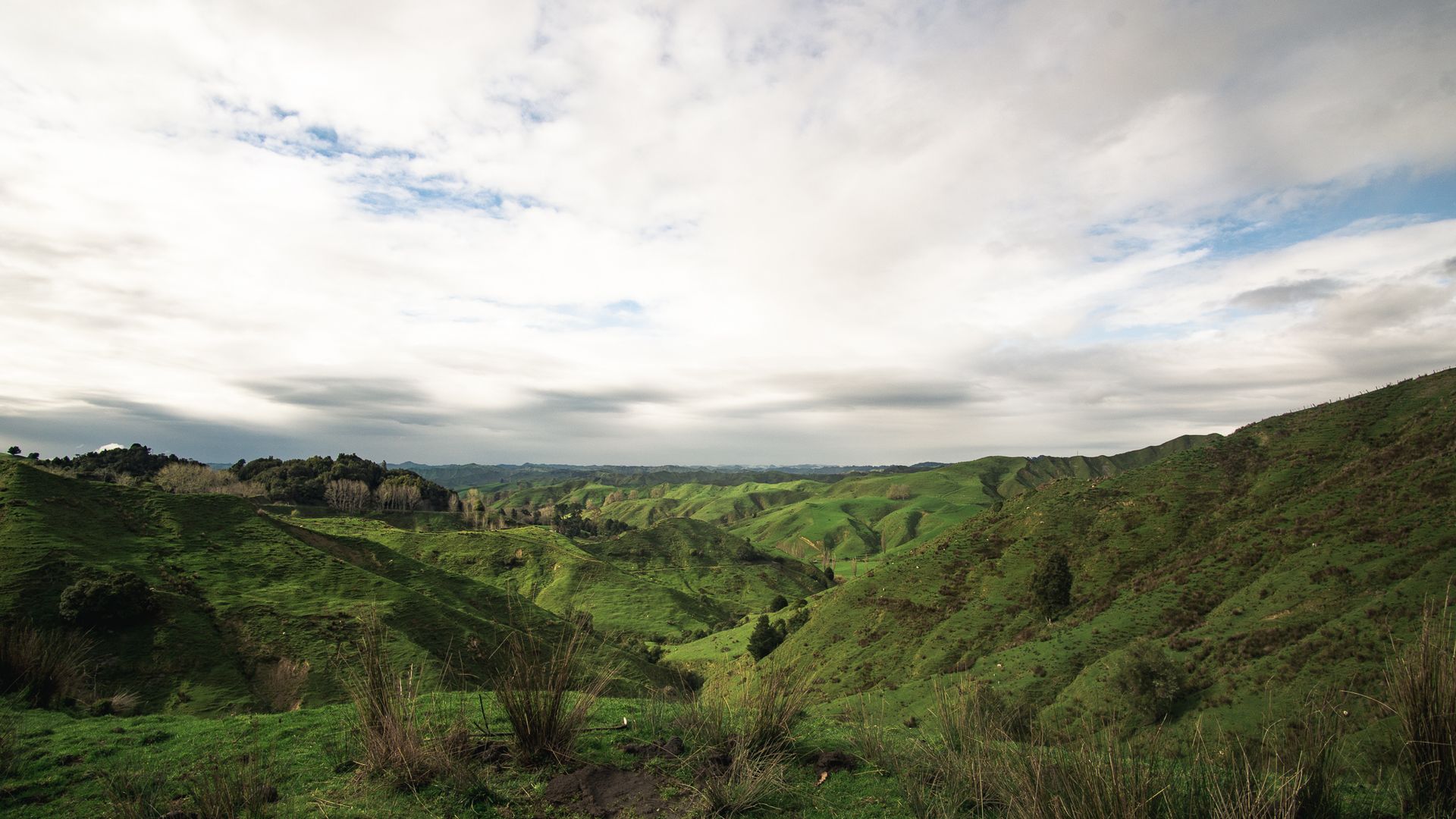
We stop at a rest area from which you can walk across the mudflats and admire some rock formations in the water. Among them is the 'Elephant' (the name says it all) and the 'Three Sisters' - three tall rock pinnacles protruding from the ground. You have four hours to admire the attractions, namely two hours before and two hours after low tide. We are incredibly lucky: low tide is at 1:26 pm and it is currently 11:15 am, which means we are just in time. Since we are so early, we still have to scramble along the cliffs and occasionally throw large 'helper stones' into the water to overcome smaller rock pools that have not yet drained. Then we can leisurely walk along the freed up beach and quickly see a rock formation that looks very much like an elephant but also somehow resembles a very large platypus.

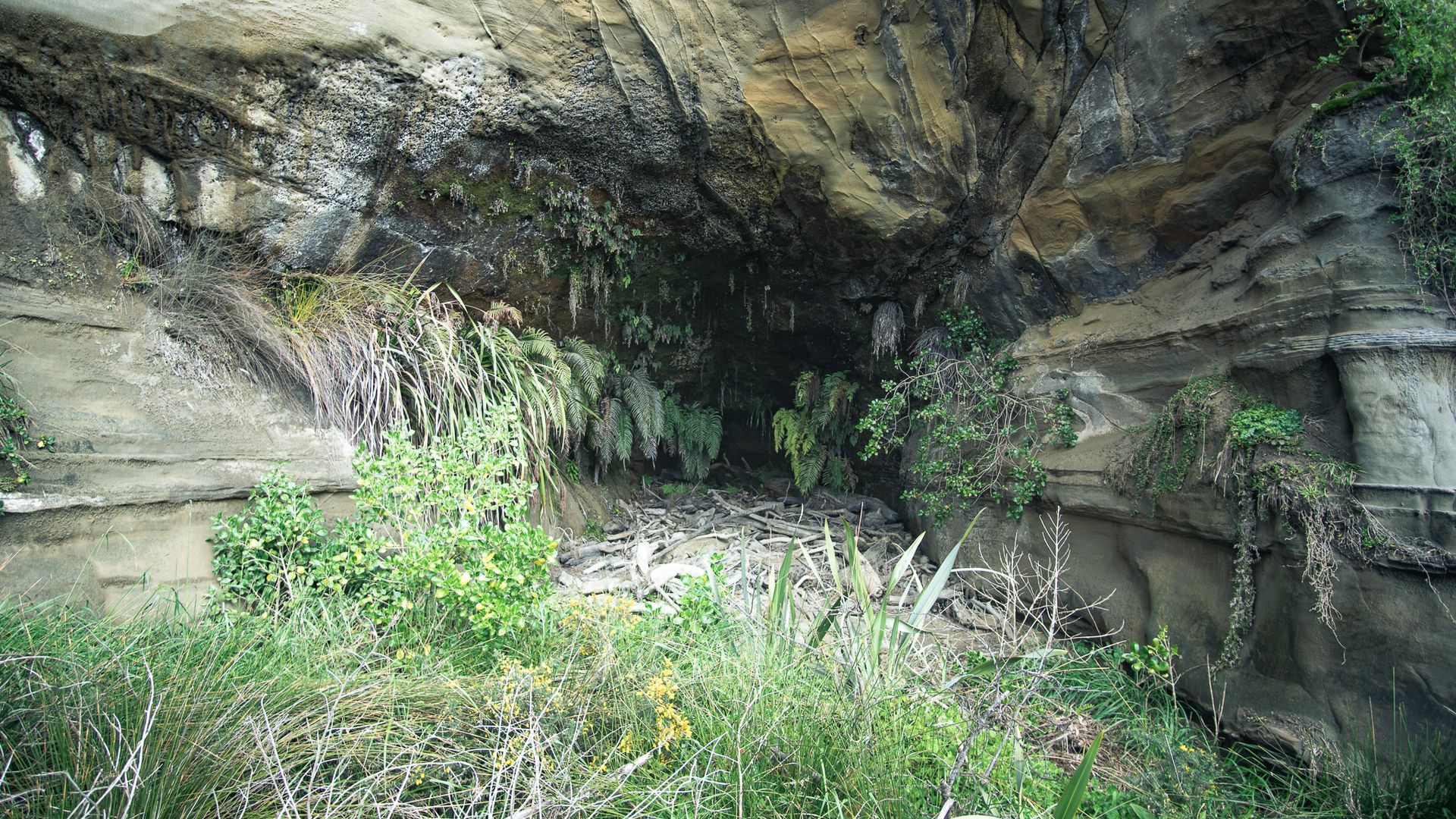
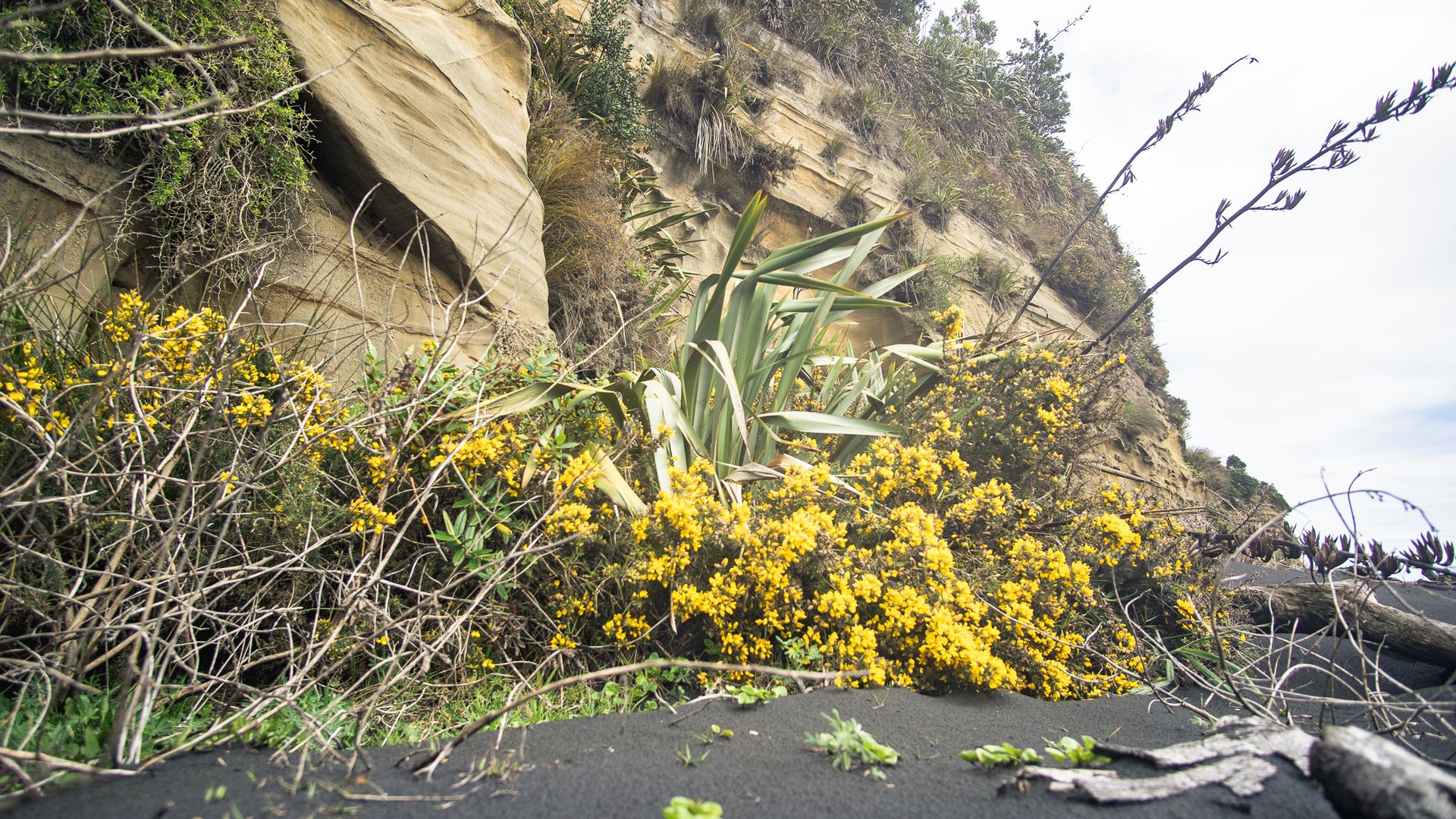

Later research reveals that this 20 to 30 meter high rock is not the original 'Elephant Rock'. The original stands 300 meters further, lost its head and trunk three years ago, and can no longer be identified as an elephant. Here is the original:
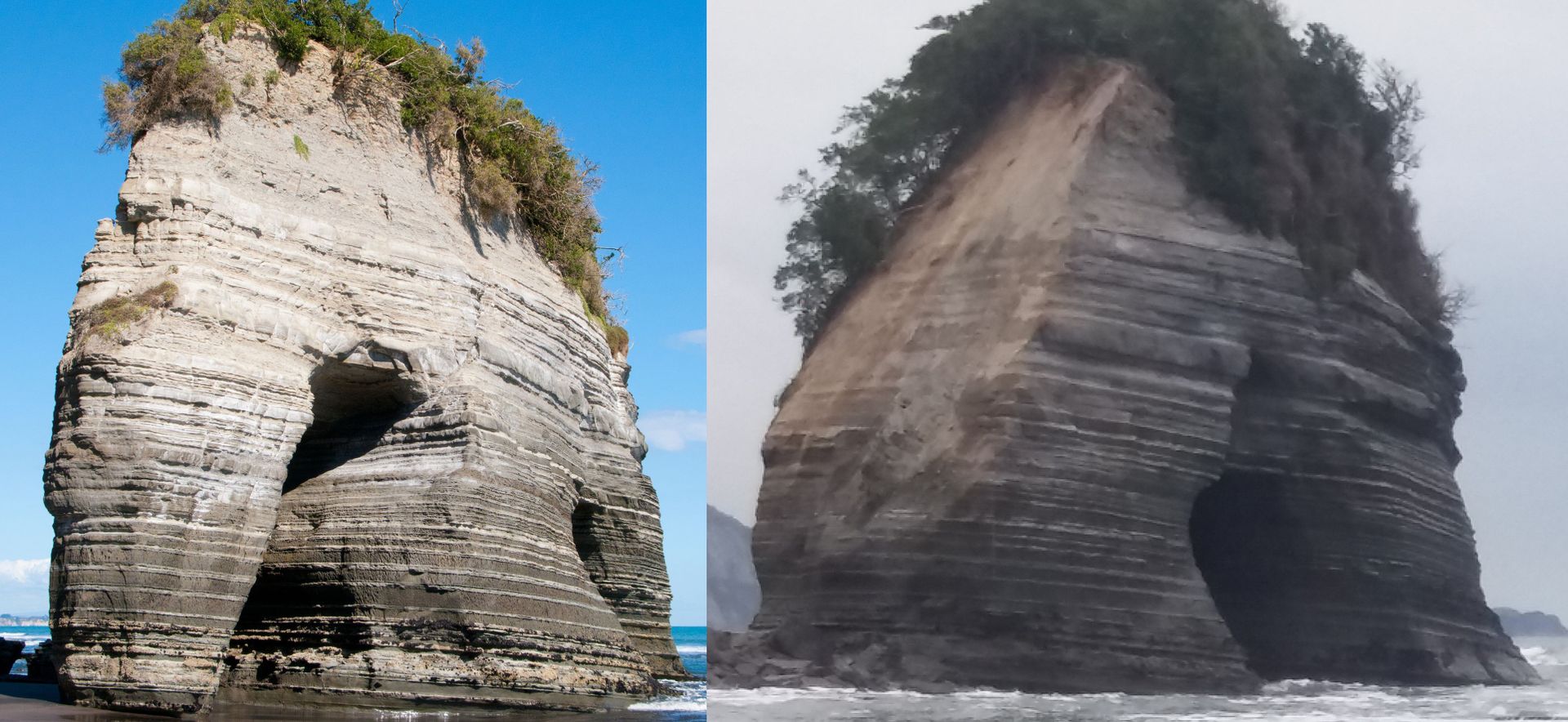
Nevertheless, we are more than satisfied with what we see here and continue walking across the mudflats, climbing over rocks, and navigating through passages filling with water to continue on dry land. We explore some caves and enjoy the rugged atmosphere.
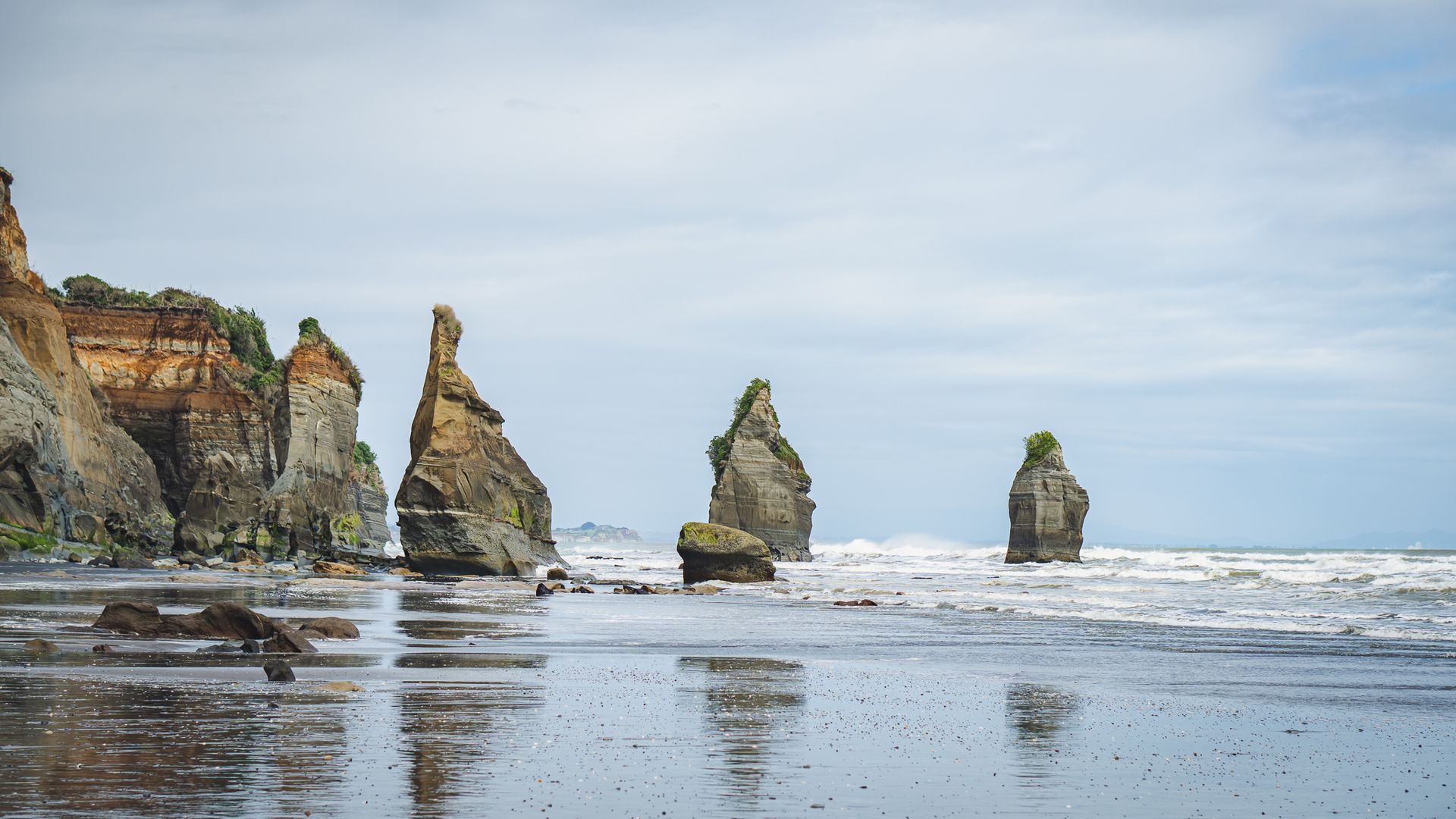
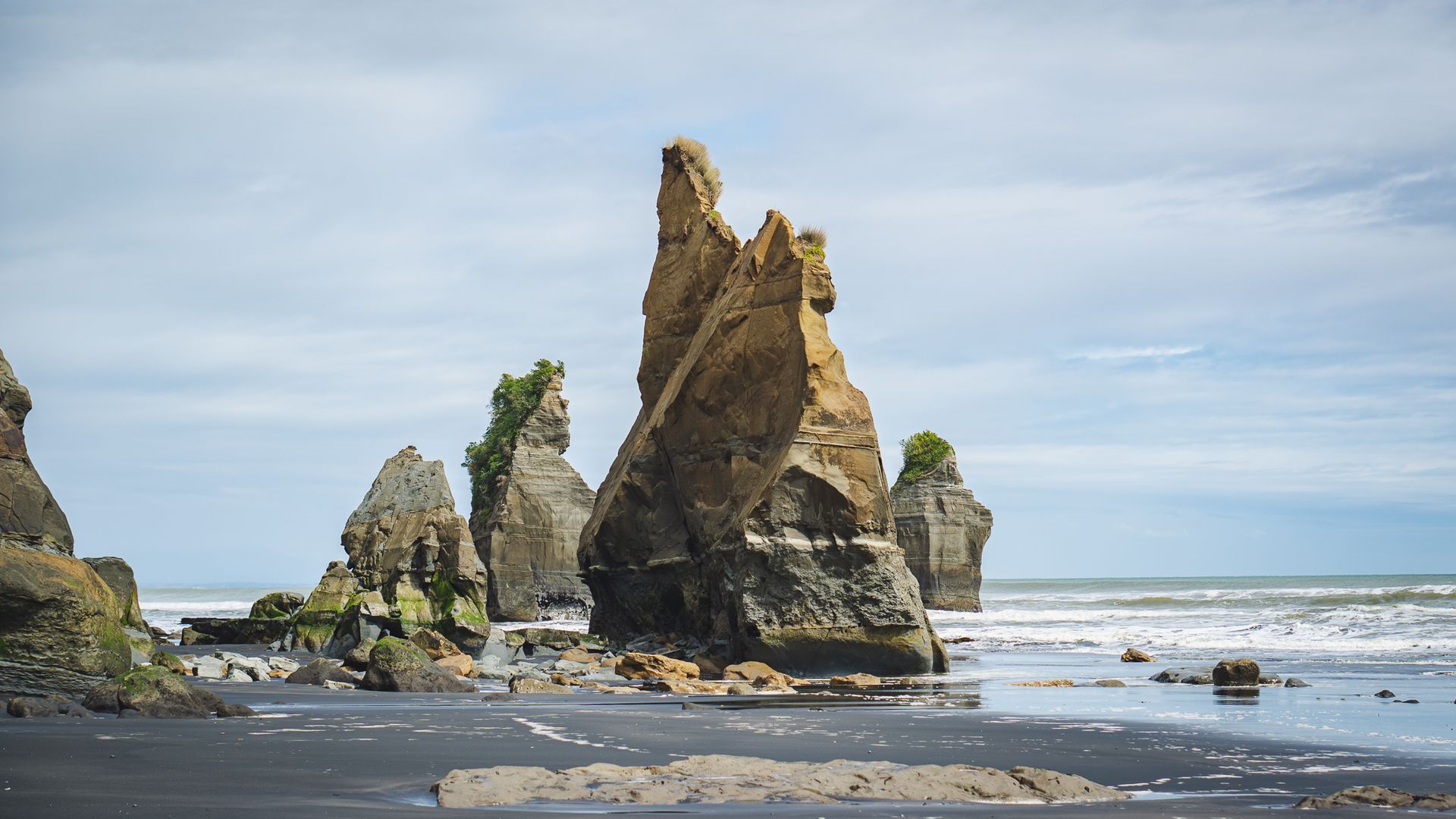
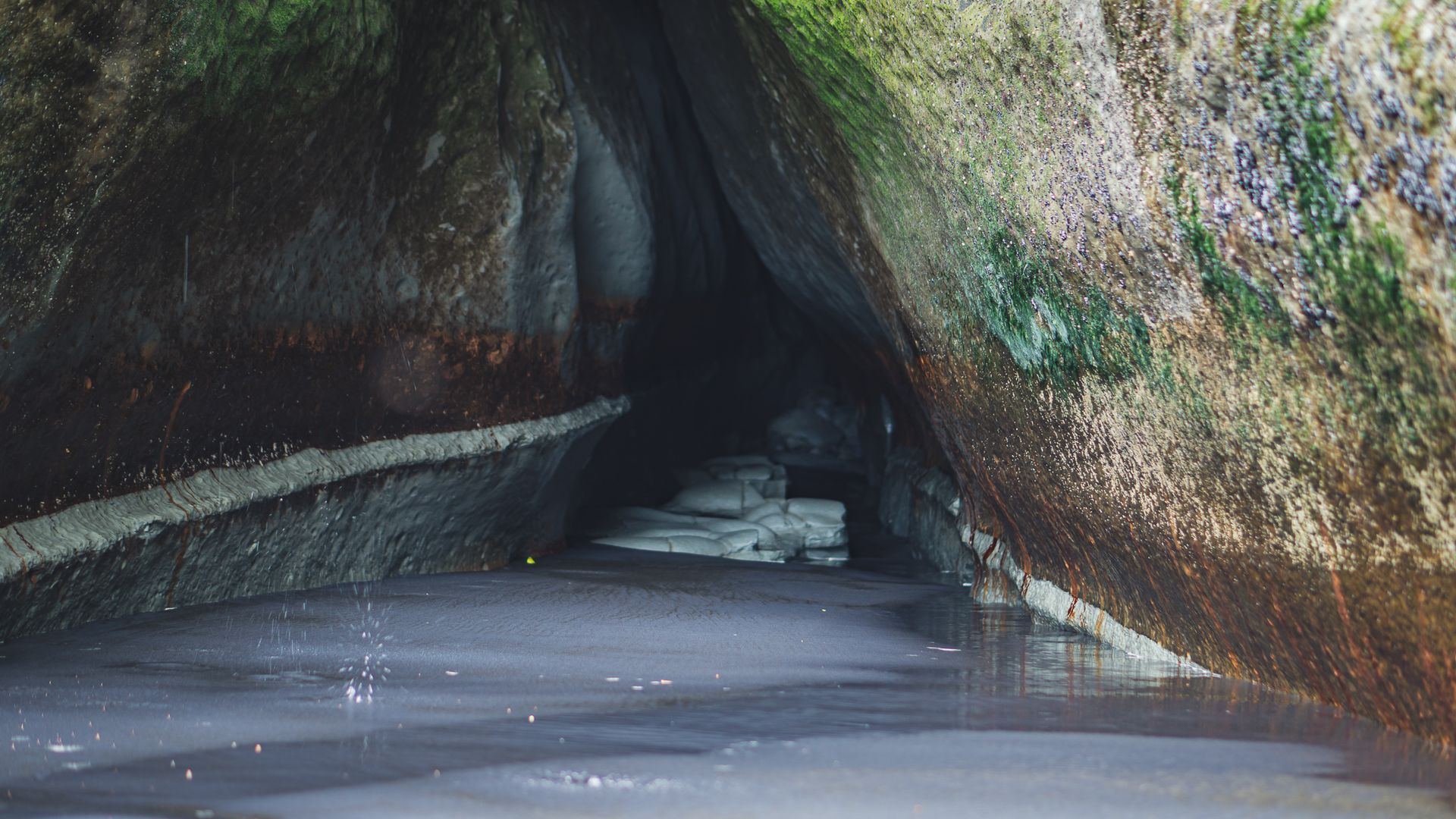
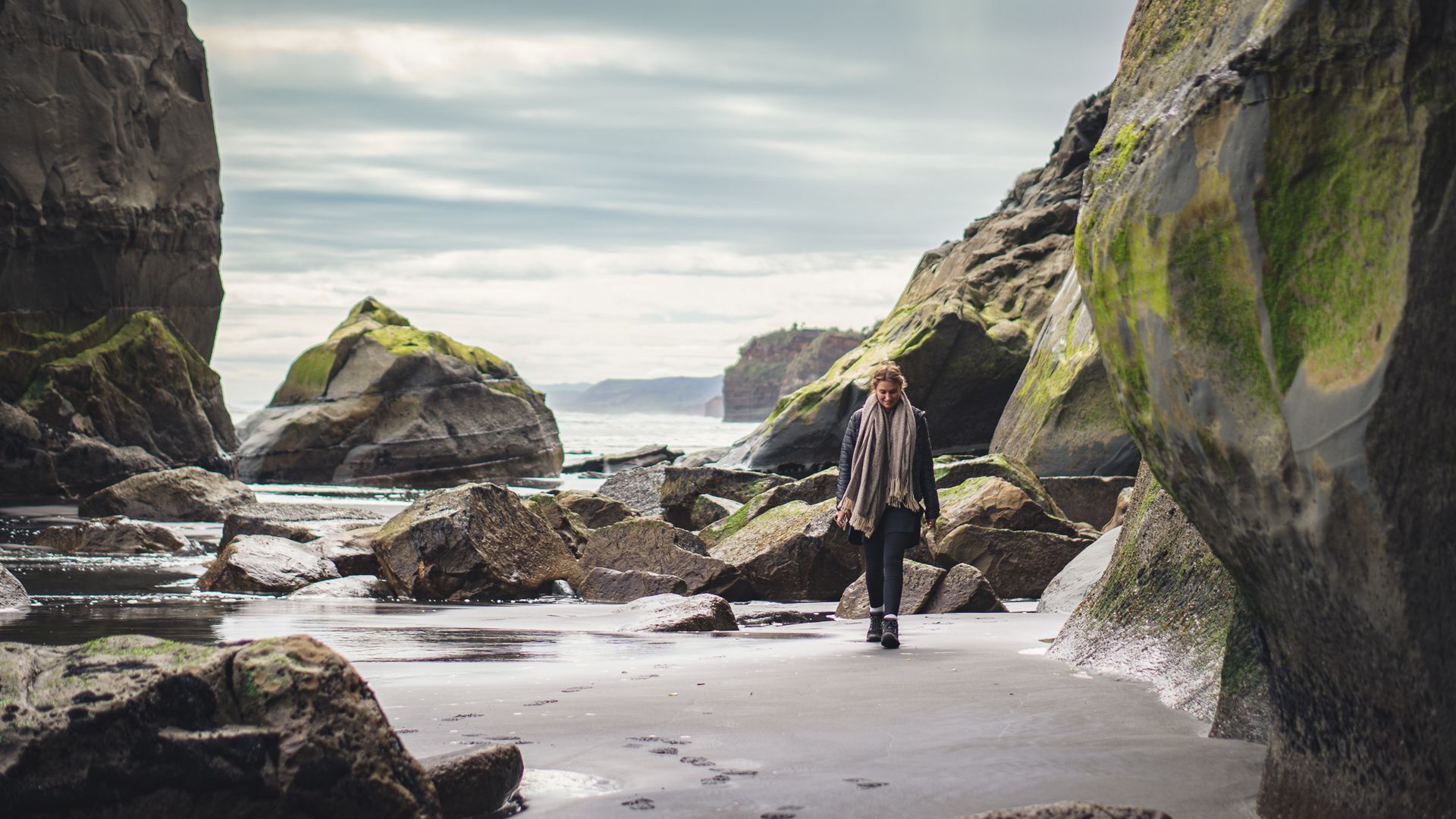
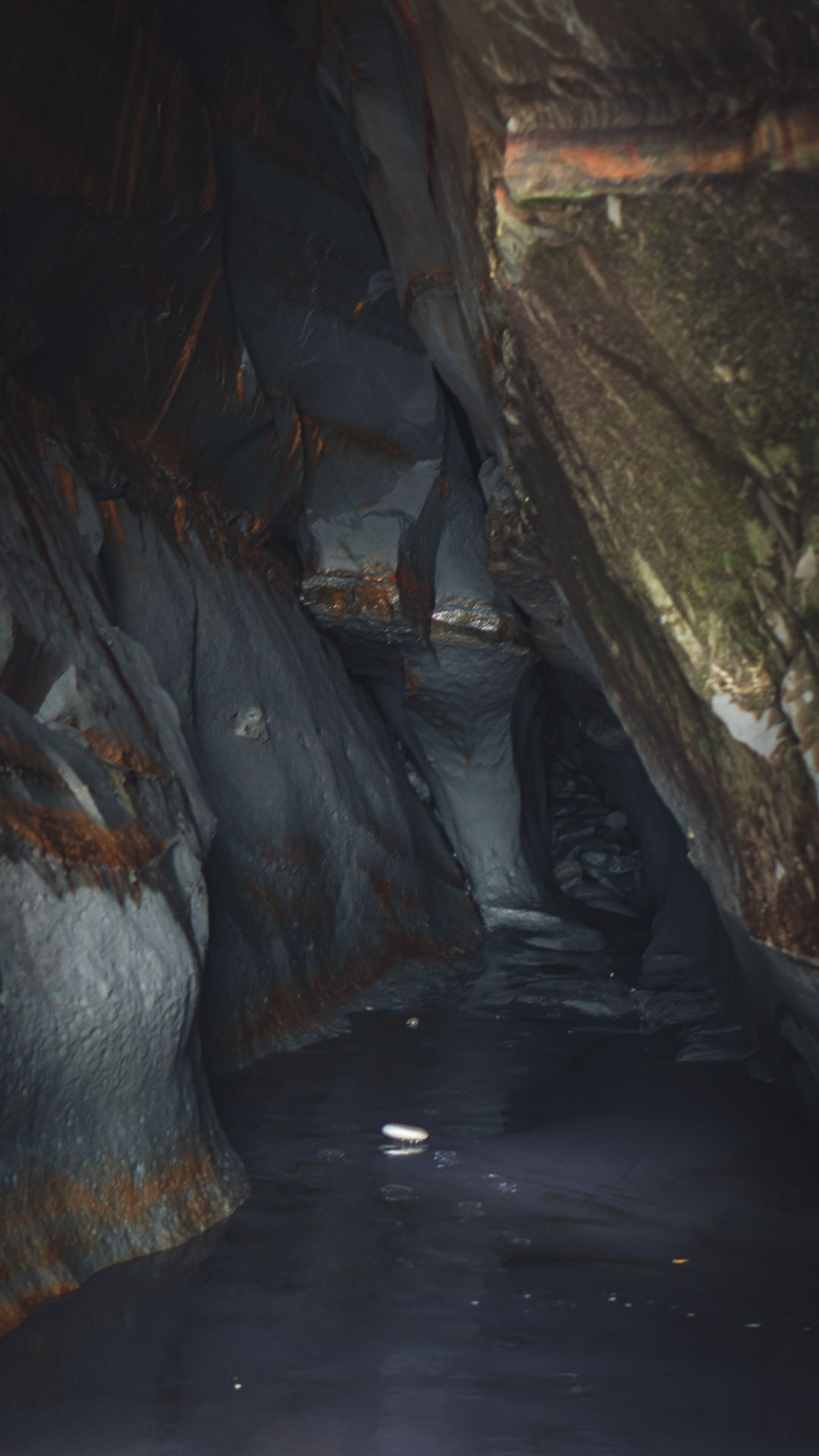
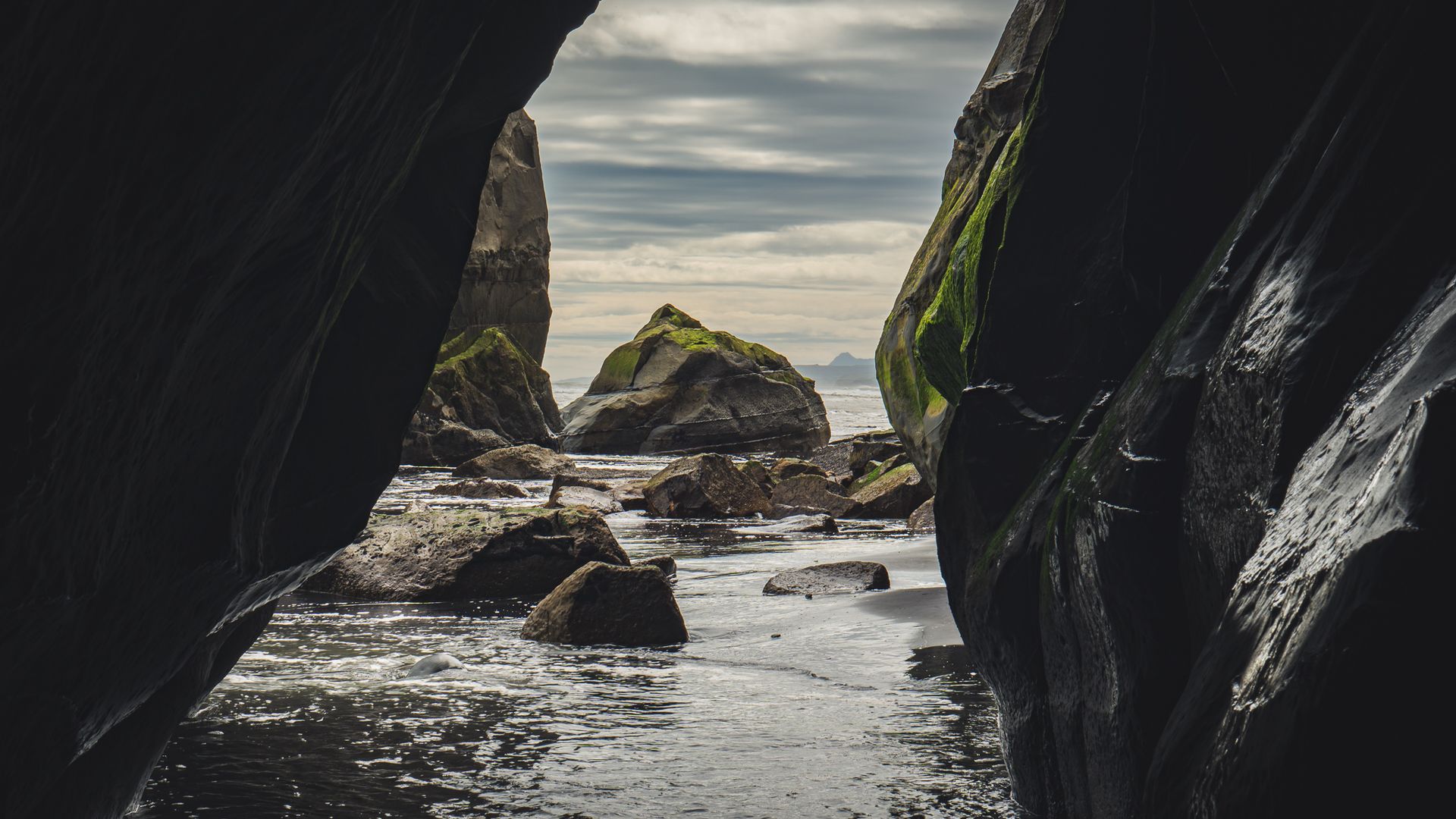
We waddle back to our car and continue to New Plymouth, the largest city in the southwest of the North Island. We refuel and visit the park there, which also includes a free (!) zoo. We visit some monkey species, an otter lady, and various 'domestic animal breeds'.
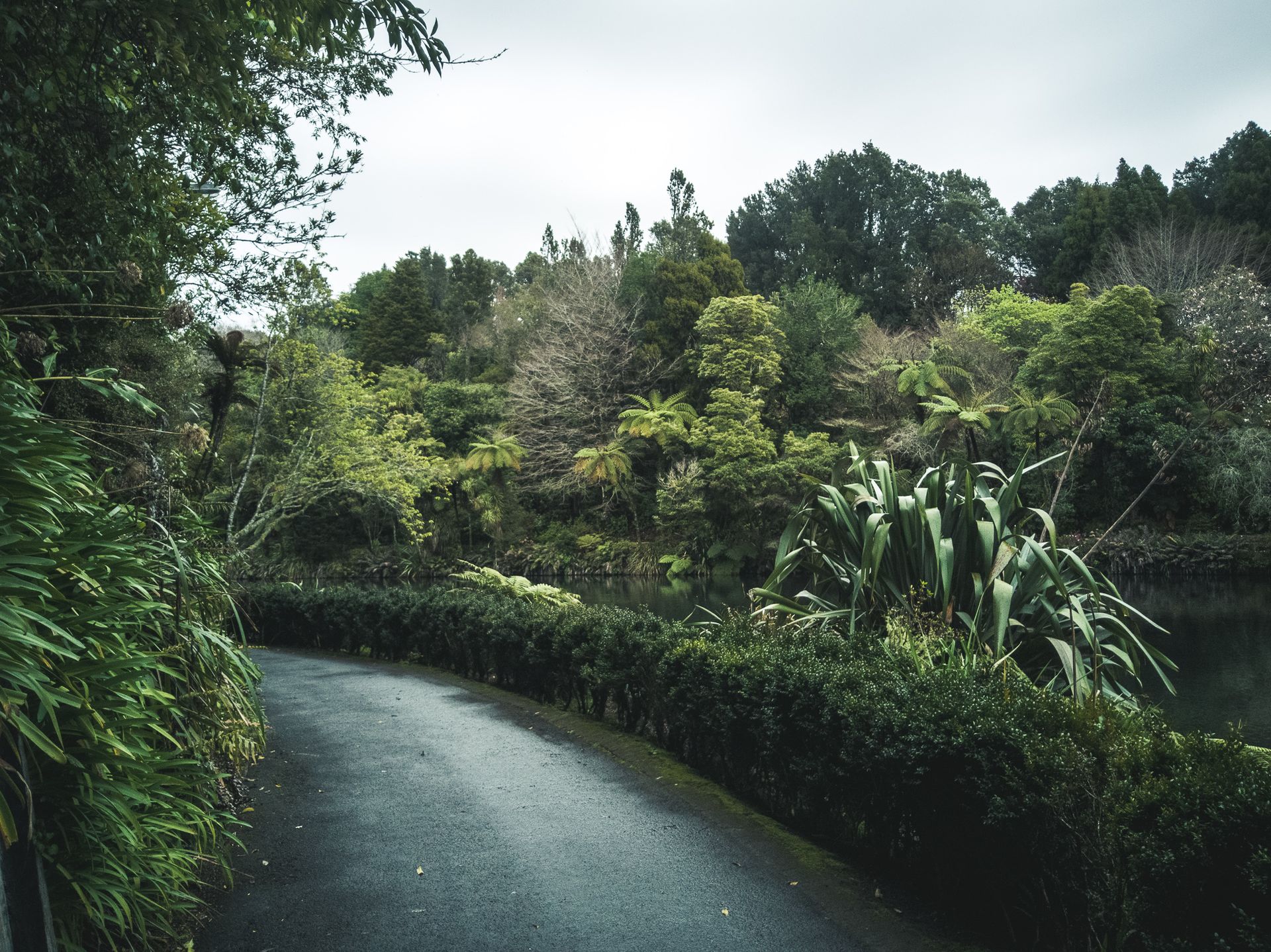
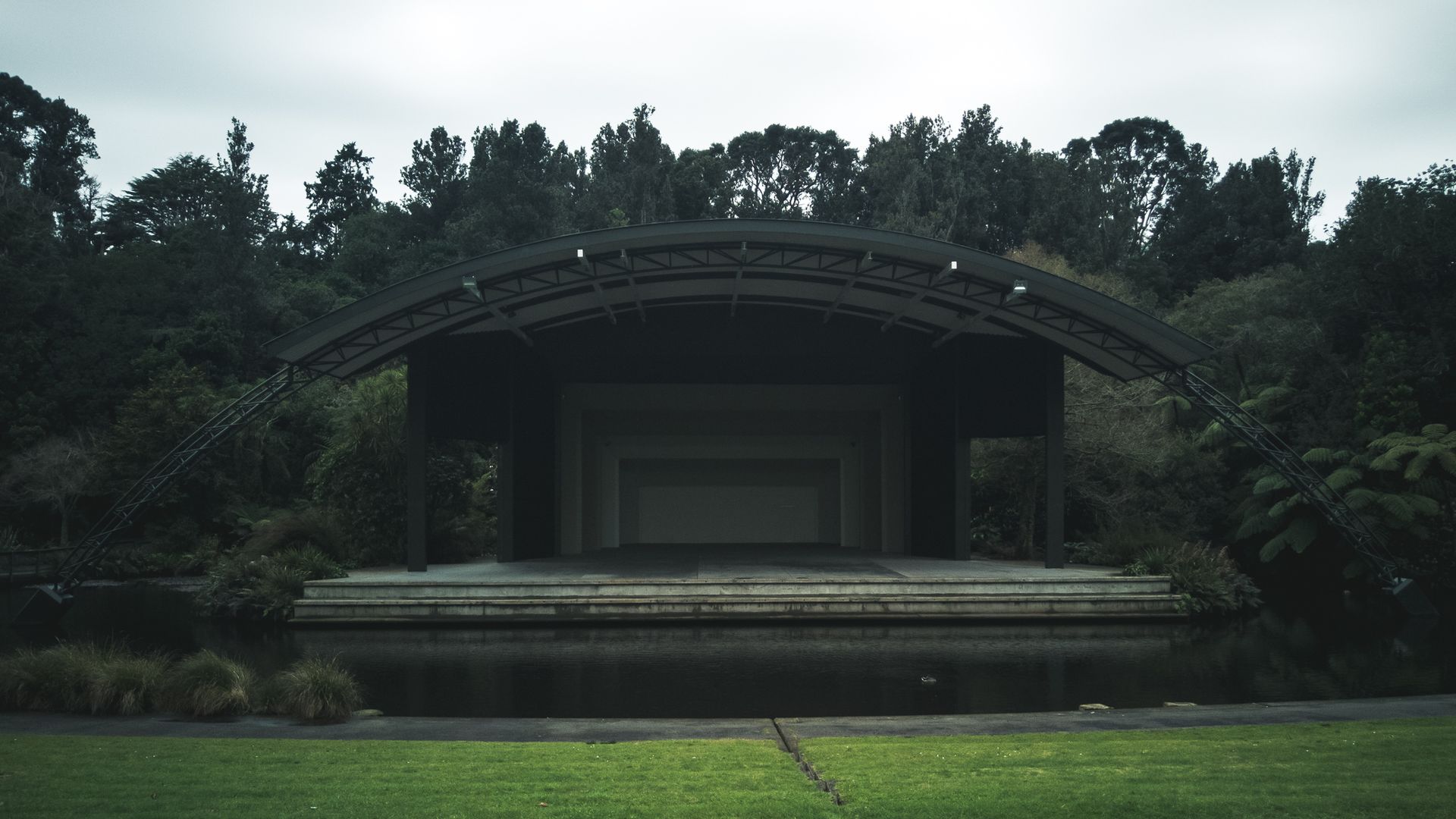
(Fun fact: this amphitheater in the middle of the park was built voluntarily by the local population, including technology, trenches, and an audience area, and can accommodate 10,000 people)
Back at the car, we drive to the next rest area and take another walk to the beach there and watch some surfers. After that, we return to our van, make ourselves comfortable, and end the day.
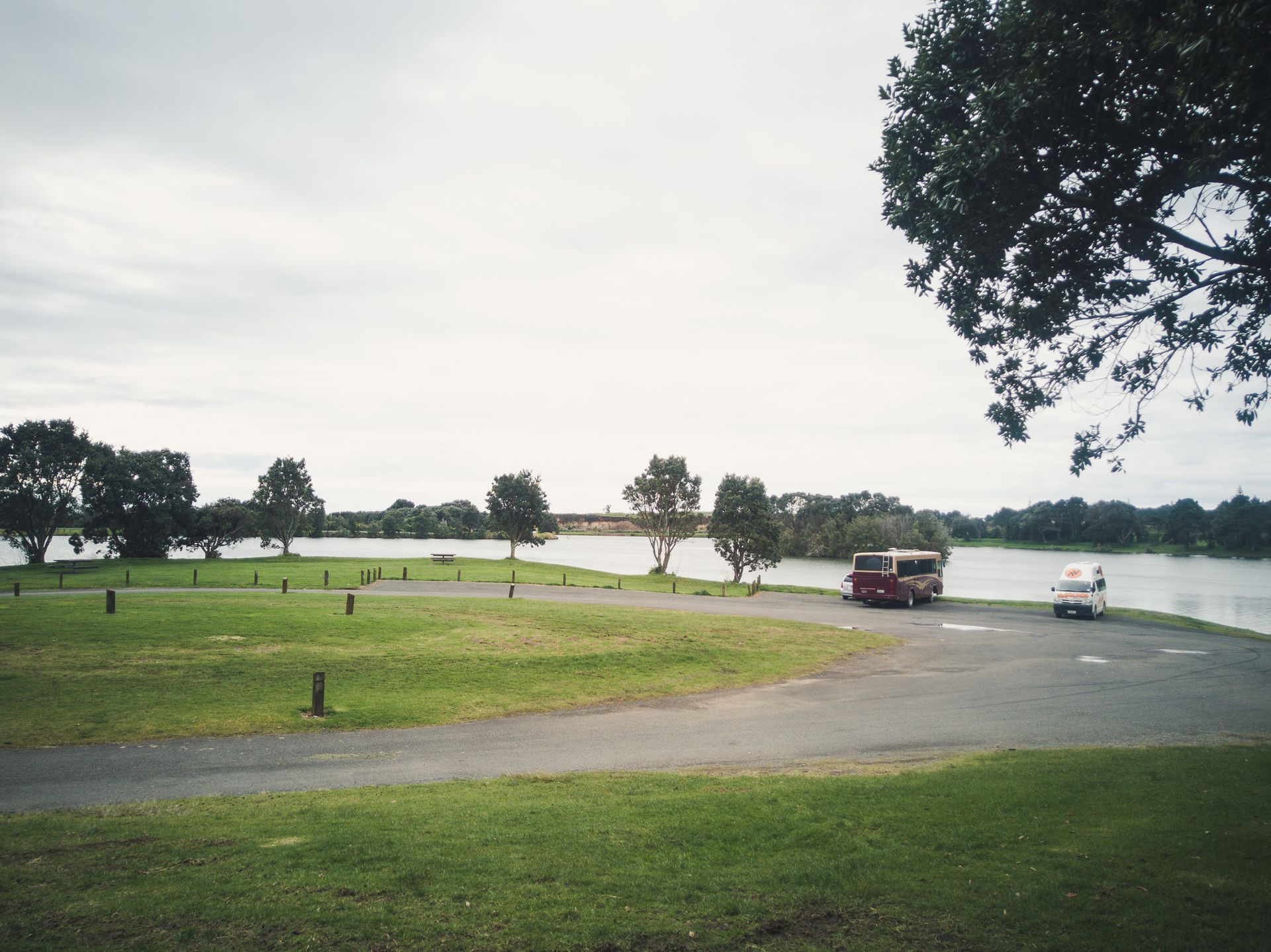

- Alex
Ejesuscribi Boletín de Noticias-pe
Mbohovái

Marandu jeguata rehegua Nueva Zelanda
